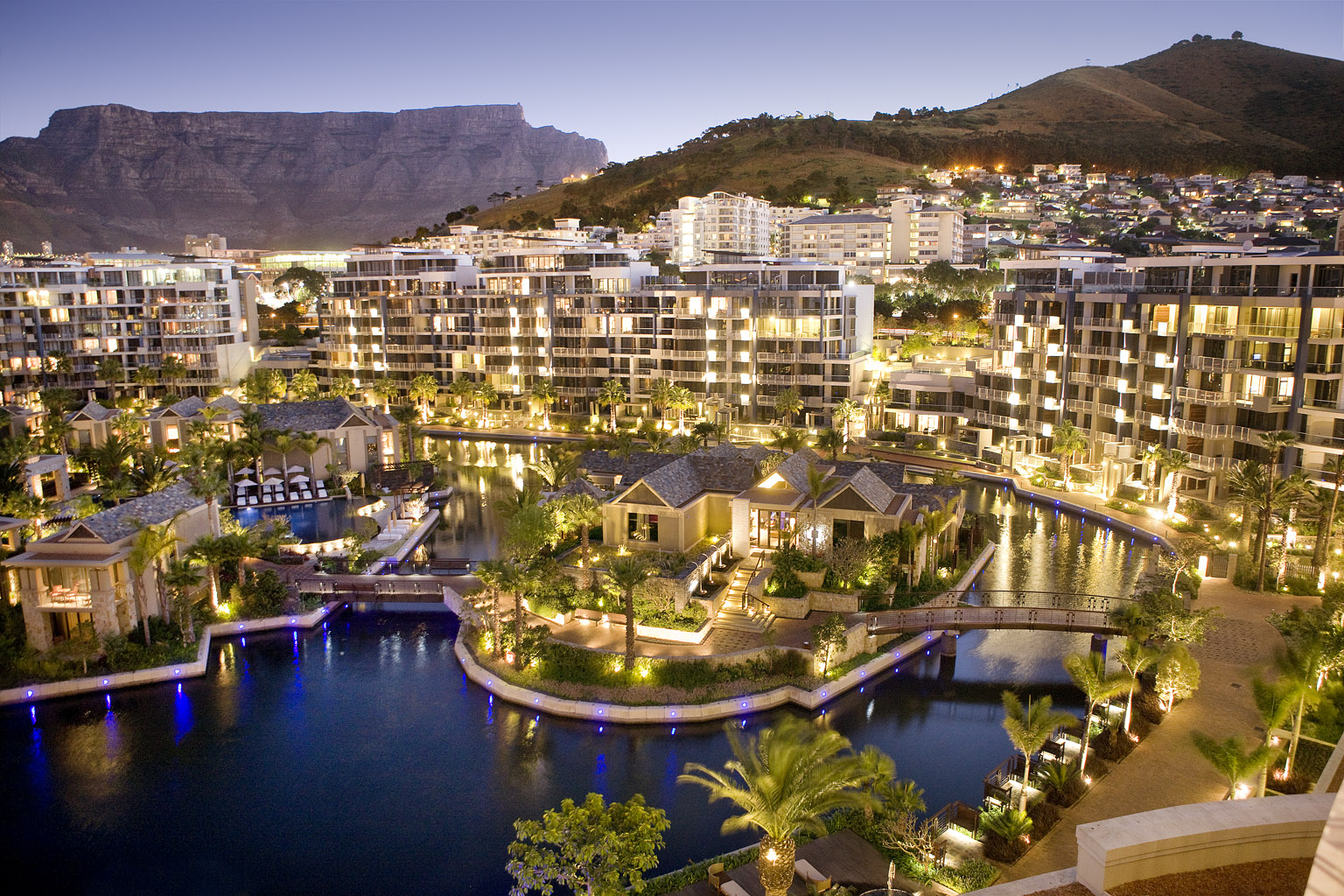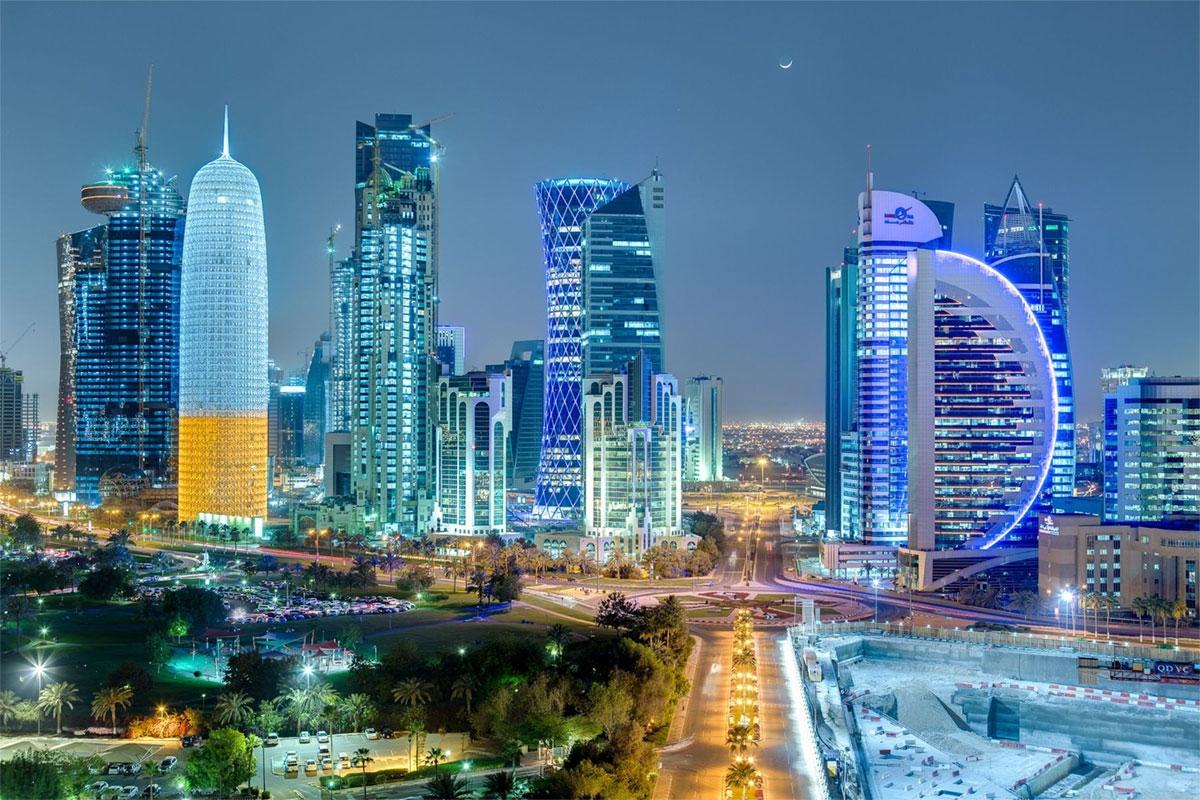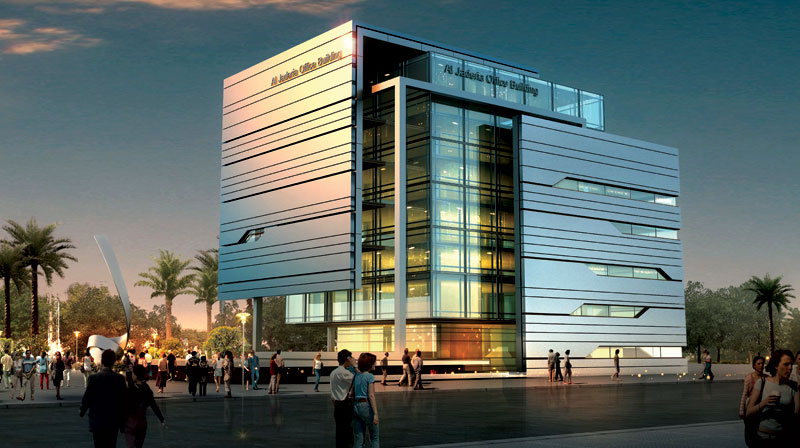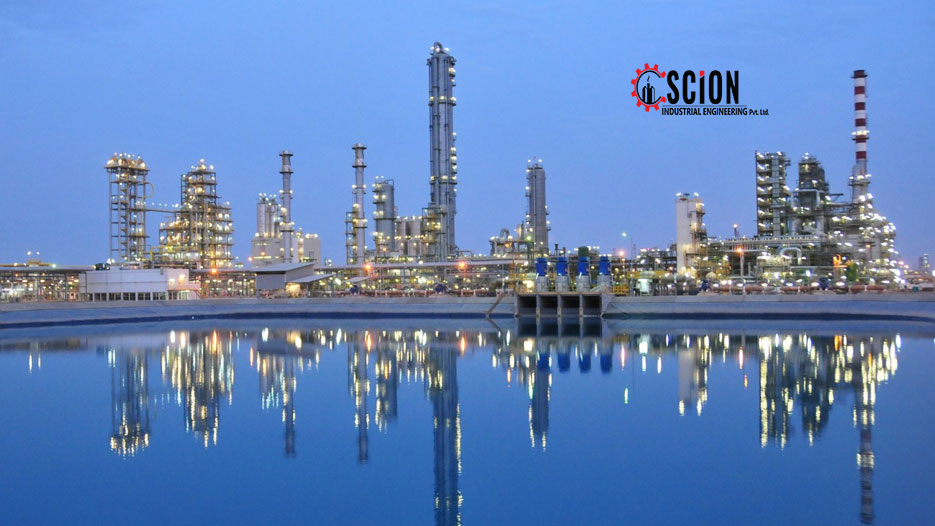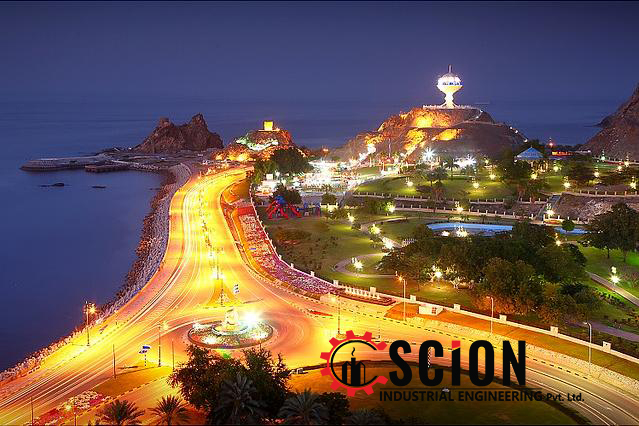The European Commission – which is the executive branch of the European Union – has taken another positive step towards its goal of implementing visa-free travel for all countries in the GCC.
In its latest decision, the European Commission has proposed the waiving of visa requirements for all Qatar and Kuwait nationals.
Under this proposal, once agreed, Qatar and Kuwait nationals holding biometric passports would no longer need a visa when travelling to the EU for short stays of up to 90 days in any 180-day period for business, tourism, or family purposes.
The high representative and vice president of the European Commission, Josep Borrell (below), said: “Our proposal to lift visa requirements for Qatari and Kuwaiti nationals is a first step to make it easier for people from the entire region to travel to the European Union.
“The final objective is to ensure regional coherence and ultimately achieve visa-free travel for all Gulf Cooperation Council countries. Together with our upcoming Joint Communication on the Gulf, this proposal will reinforce the overall partnership and strengthen the cooperation between the EU and the Gulf Cooperation Council.”
This proposal comes after the Commission assessed a number of criteria including irregular migration, public policy and security, economic benefits, and the union’s relations with the two countries. It will contribute to strengthening relations with Gulf countries.
The vice president for Promoting our European Way of Life, Margaritis Schinas (below), said: “Today we are proposing short-stay visa-free travel to the EU for Qatari and Kuwaiti citizens with biometric passports – facilitating people-to-people contacts and strengthening business, social and cultural ties.
“This is the result of the success of the governments of Qatar and Kuwait in achieving far-reaching reforms and reflects the increasing intensity and depth of EU relations with both countries. It is an important achievement for citizens in both regions, and I hope that the European Parliament and the Council will adopt our proposal swiftly.”
After an assessment of the criteria set in the EU rules on visa requirements, the European Commission concluded that Qatar and Kuwait present low irregular migration risks and are increasing cooperation on security issues with the EU.
They issue biometric passports, which is a pre-condition for visa-free travel to the EU. Qatar and Kuwait are also important economic partners for the Eurpean Union, in particular in the energy sector.
The commissioner for Home Affairs, Ylva Johansson (below), said: “The proposal for visa exemption for Qatar and Kuwait nationals facilitates business travels, tourism, and family visits to the EU.
“It is also a step towards stronger regional coherence in the Gulf region when it comes to visa regimes. The EU will continue engaging with the remaining visa-required Gulf countries that are interested in visa-free travel to the EU.”
Visa-free travel for GCC nationals
It is now for the European Parliament and the Council to examine the proposal and decide whether to grant visa-free travel to the EU to nationals of Qatar and Kuwait.
If the proposal is adopted by the European Parliament and the Council, the EU will negotiate a visa waiver agreement with Qatar and Kuwait, respectively, to ensure full visa reciprocity for EU citizens.
Visa-free travel to the EU for nationals of Qatar and Kuwait will start applying once the visa waiver agreement enters into force.
The Commission is monitoring the situation and may propose new visa exemptions in the future where appropriate based on an assessment against the criteria set in the EU rules on visa requirements.
In particular, the EU will continue engaging with the remaining visa-required Gulf Cooperation Council countries that are interested in visa-free travel to the EU.
The Commission will shortly launch technical discussions with these partners on the fulfilment of criteria for visa exemption under the Visa Regulation. The final objective is to achieve visa free travel for all Gulf Cooperation Council countries.
EU’s current visa-free regimes
The EU currently has visa-free regimes in place with more than 60 countries and territories.
EU law lists the non-EU countries whose nationals need visas to travel to the EU and those whose nationals are exempt from that requirement.
Under the visa-free regime, eligible non-EU nationals can enter the Schengen area for 90 days, within any 180-day period, without a visa.
Visa-exempt travellers visiting the Schengen area will be subject to the EU Entry/Exit System (EES) as of second half of 2022 and to the European Travel Information and Authorisation System (ETIAS) as of May 2023.
Exemptions from the visa requirement play a key role in facilitating people-to-people contacts and strengthening political, economic, research, educational, cultural, and societal exchanges.
The proposal for visa exemption for Qatar and Kuwait nationals is a step towards stronger regional coherence in the Gulf region, following the visa exemption granted to the United Arab Emirates in 2014.
Under the visa exemption, travellers can visit all EU Member States except for Ireland, as well as the four Schengen associated countries (Iceland, Liechtenstein, Norway and Switzerland).
The visa exemption is independent from possible work permit requirements in EU Member States.
It does not provide for the right to work in the EU, although Member States have the possibility to allow travellers to conduct a paid activity during their stay.
Source:https://www.arabianbusiness.com/industries/travel-hospitality/european-commission-takes-a-step-towards-visa-free-travel-for-all-gcc-countries-as-travel-rebounds-in-2022



